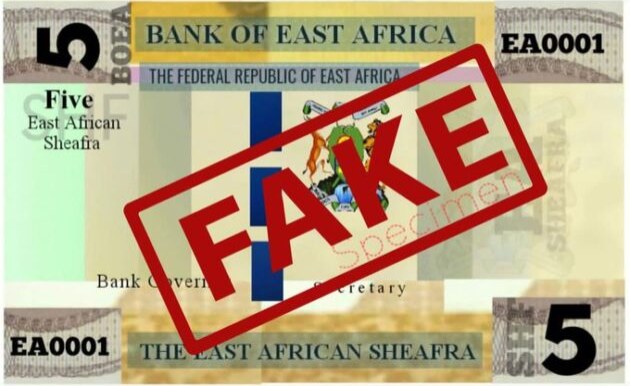
Dar es Salaam. Tanzanians are set to benefit from increased access to affordable mortgages as KCB Bank (T) Ltd has injected Sh500 million into the Tanzania Mortgage Refinance Company (TMRC) Limited.
This strategic investment, finalised in December 2024, sees KCB Bank joining TMRC’s growing pool of shareholders, bringing the total number to 20.
Other shareholders in TMRC include major financial institutions such as CRDB Bank Plc, NMB Bank Plc, National Bank of Commerce Ltd (NBC), TIB Development Ltd, Azania Bank Plc, Exim Bank (T) Ltd, the National Housing Corporation (NHC), as well as international development finance institutions like Shelter Afrique and the International Finance Corporation (IFC).
At a press event, KCB Group Regional Businesses director and managing director of KCB Bank Tanzania Cosmas Kimario said that the investment grants KCB Bank greater access to mortgage financing, empowering it to enhance its mortgage offerings and contribute to Tanzania’s growing housing sector.
“This move strengthens KCB Tanzania’s mortgage portfolio, making home-ownership more accessible to many Tanzanians,” Mr Kimario said.
“KCB Bank has always been committed to providing financing solutions that help Tanzanians realise their dream of owning homes, and this investment further solidifies our role in expanding the mortgage sector.”
With this partnership, KCB Bank now has access to up to Sh10 billion from TMRC, significantly expanding its ability to offer affordable mortgage loans to the public.
“This collaboration has a profound impact on Tanzania’s mortgage sector, enabling us to allocate substantial funding toward affordable home financing, addressing the housing gap, and increasing access to mortgages,” Mr Kimario added.
As of September 2024, KCB Bank ranked eighth in Tanzania’s mortgage sector, with Sh34.1 billion in mortgage loans disbursed to 175 customers, capturing a 4.75 percent market share.
By December 2024, the value of mortgage loans extended by the bank grew to Sh34.6 billion, benefiting 99 of its 175 customers, with the added support of the Sh10 billion TMRC facility.
TMRC, a specialised financial institution functioning as a Mortgage Liquidity Facility in Tanzania, provides long-term funding to banks and other financial institutions for mortgage lending.
By refinancing mortgage portfolios, TMRC facilitates wider access to home financing.
TMRC’s CEO Oscar Mgaya emphasised that KCB’s inclusion as the 20th shareholder would further enhance the availability of housing loans in Tanzania.
He also pointed out KCB Bank’s extensive reach, with 18 branches across major Tanzanian cities such as Dar es Salaam, Mwanza, Arusha, and Kilimanjaro, ensuring that customers can easily access mortgage services.
“As of December 2024, KCB Bank Tanzania had Sh1.5 trillion in assets, reflecting its strong position in the market,” Mr Mgaya said, noting that TMRC’s combined capital from 20 shareholder banks, totaling Sh33.4 billion, allows for attractive loan terms, including lower interest rates.
Mgaya further explained that lending rates, which were once as high as 20 percent, now range from 13 percent to 18 percent, benefiting borrowers across the country.
A total of 31 banks offer mortgage loans in Tanzania, with the 16 shareholding banks providing Sh160 billion in funding for approximately 7,000 loans.
The CEO of Watumishi Housing Investment, Fred Msemwa, welcomed the investment, noting that it will increase the resources available for long-term mortgage lending.
However, he also stressed the need for Tanzania to increase the size of long-term funding for housing to make a more significant contribution to the country’s GDP and socio-economic development.
Currently, the mortgage-to-GDP ratio in Tanzania is less than 1 percent.












